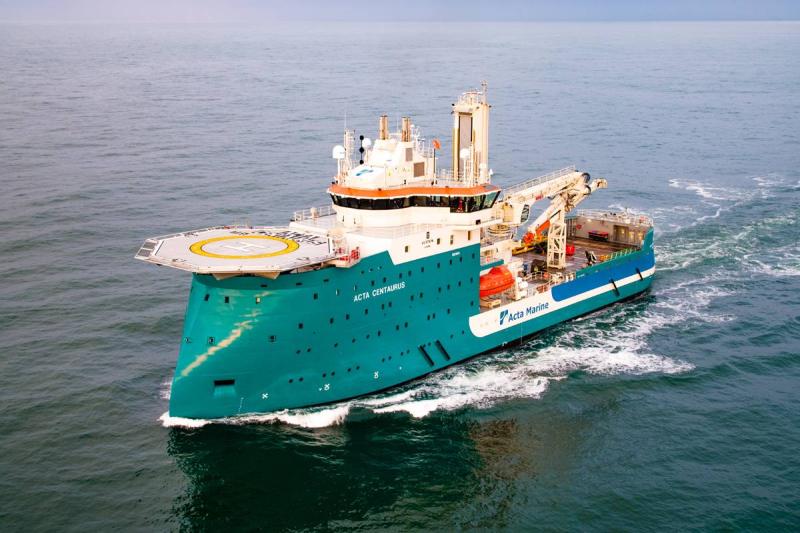Marine vessel energy efficiency has emerged as a pivotal focus for the global shipping industry in recent years. With growing environmental concerns, stricter regulatory frameworks, and escalating fuel costs, stakeholders recognize the critical need to optimize energy consumption aboard ships. Improving vessel energy efficiency not only reduces operational expenses but also limits carbon emissions, aligning maritime transportation with sustainability goals. This article explores comprehensive methodologies, technological advancements, and market insights associated with marine vessel energy efficiency, offering a clear perspective on trends shaping this vital sector.
Innovations Driving Energy Efficiency in Modern Marine Vessels
Marine Vessel Energy Efficiency incorporate a variety of technological innovations aimed at enhancing fuel economy and reducing wasteful energy practices. One of the core advancements includes hull design improvements, where streamlined structures minimize water resistance, thereby lowering the power required for propulsion. Enhanced hull coatings that reduce friction also contribute substantially to energy savings during voyages.
Furthermore, propulsion systems have seen widespread improvements through the integration of energy-efficient engines and alternative fuel options such as liquefied natural gas (LNG) or biofuels. These engines optimize combustion processes and reduce harmful emissions. In addition, hybrid propulsion—combining traditional engines with battery storage and electric motors—has gained traction, enabling vessels to operate efficiently during port stays or low-speed maneuvers.
Energy recovery systems also play a significant role. Technologies like waste heat recovery enable ships to capture and reuse energy that would otherwise be lost to the environment. Incorporating wind-assisted propulsion technologies, such as sails and rotors, uses natural forces to reduce fuel consumption further. Together, these innovations form the backbone of current marine energy efficiency strategies.
Regulatory Landscape Driving Marine Energy Efficiency Upgrades
Global maritime regulatory bodies have implemented various measures targeting energy reductions and environmental impact. International conventions require vessel operators to monitor and report fuel consumption, encouraging transparency and accountability. Emission Control Areas (ECAs) enforce stricter fuel sulfur content limits, compelling ships to adopt cleaner-burning fuels or install exhaust scrubbers.
Additionally, mandatory Energy Efficiency Design Index (EEDI) standards compel shipbuilders to integrate energy-saving features into new vessels. Existing ships must comply with the Ship Energy Efficiency Management Plan (SEEMP), outlining operational practices that reduce fuel consumption, such as optimized speed profiles and route planning.
These enforced guidelines act as catalysts for innovative energy management solutions, from improved onboard monitoring systems to predictive software that helps captains make fuel-optimized navigational decisions. Compliance with such regulations ensures not only sustainability but also access to premium shipping lanes and ports sensitive to environmental standards.
Demand in Marine Energy Efficiency Solutions
The demand for marine vessel energy efficiency solutions is experiencing significant growth in response to regulatory pressures and rising fuel prices. The market for energy-saving devices—including advanced propellers, automated engine controls, and real-time fuel monitoring systems—is expanding rapidly. Shipping companies increasingly invest in retrofitting existing fleets with energy-efficient technologies to extend vessel lifespan while reducing carbon footprints.
Besides technological demand, the market also shows rising interest in alternative fuels and hybrid propulsion systems, which represent a considerable share of new build orders. Industry players actively pursue partnerships with technology providers to integrate these solutions seamlessly into marine operations. Investment trends highlight an increasing willingness to adopt digital tools such as data analytics and AI-powered platforms that offer insights into fuel consumption patterns and operational inefficiencies.
For stakeholders exploring comprehensive analyses and forecasts regarding marine vessel energy efficiency advancements, specific in-depth market research reports provide valuable data on supplier landscapes, competitive analysis, and growth projections. These resources allow businesses to make strategic decisions aligned with current market dynamics and future opportunities.
Commercial Impact of Marine Vessel Energy Efficiency on Shipping Operations
The commercial benefits stemming from enhanced energy efficiency extend well beyond immediate fuel cost savings. Shipping companies adopting energy-efficient technologies improve competitiveness by lowering operational expenses and meeting growing customer demands for greener logistics services. Reduced emissions also help firms avoid penalties associated with non-compliance of international regulations and minimize exposure to fluctuating carbon pricing mechanisms.
Energy-efficient vessels achieve higher resale values, as they attract buyers focused on long-term sustainability and cost-effectiveness. Couriers and freight providers can market their services based on reduced environmental impact, enhancing brand reputation in an increasingly eco-conscious marketplace.
Furthermore, energy optimization enables greater voyage reliability and schedule adherence by reducing the likelihood of engine failures and unscheduled maintenance. This operational stability strengthens customer trust and contractual relationships.
Overall, investments in marine vessel energy efficiency translate into tangible commercial advantages, aligning environmental responsibility with profitability.
Get This Report in Japanese Language - 船舶のエネルギー効率
Get This Report in Korean Language - 선박 에너지 효율
Read More Articles Related to this Industry –
Energy Efficiency and Sustainability Benefits of Smart Glass
The Role of Photonics in Advancing Renewable Energy Solutions
About Author:
Priya Pandey is a dynamic and passionate editor with over three years of expertise in content editing and proofreading. Holding a bachelor's degree in biotechnology, Priya has a knack for making the content engaging. Her diverse portfolio includes editing documents across different industries, including food and beverages, information and technology, healthcare, chemical and materials, etc. Priya's meticulous attention to detail and commitment to excellence make her an invaluable asset in the world of content creation and refinement.
(LinkedIn- https://www.linkedin.com/in/priya-pandey-8417a8173/)
